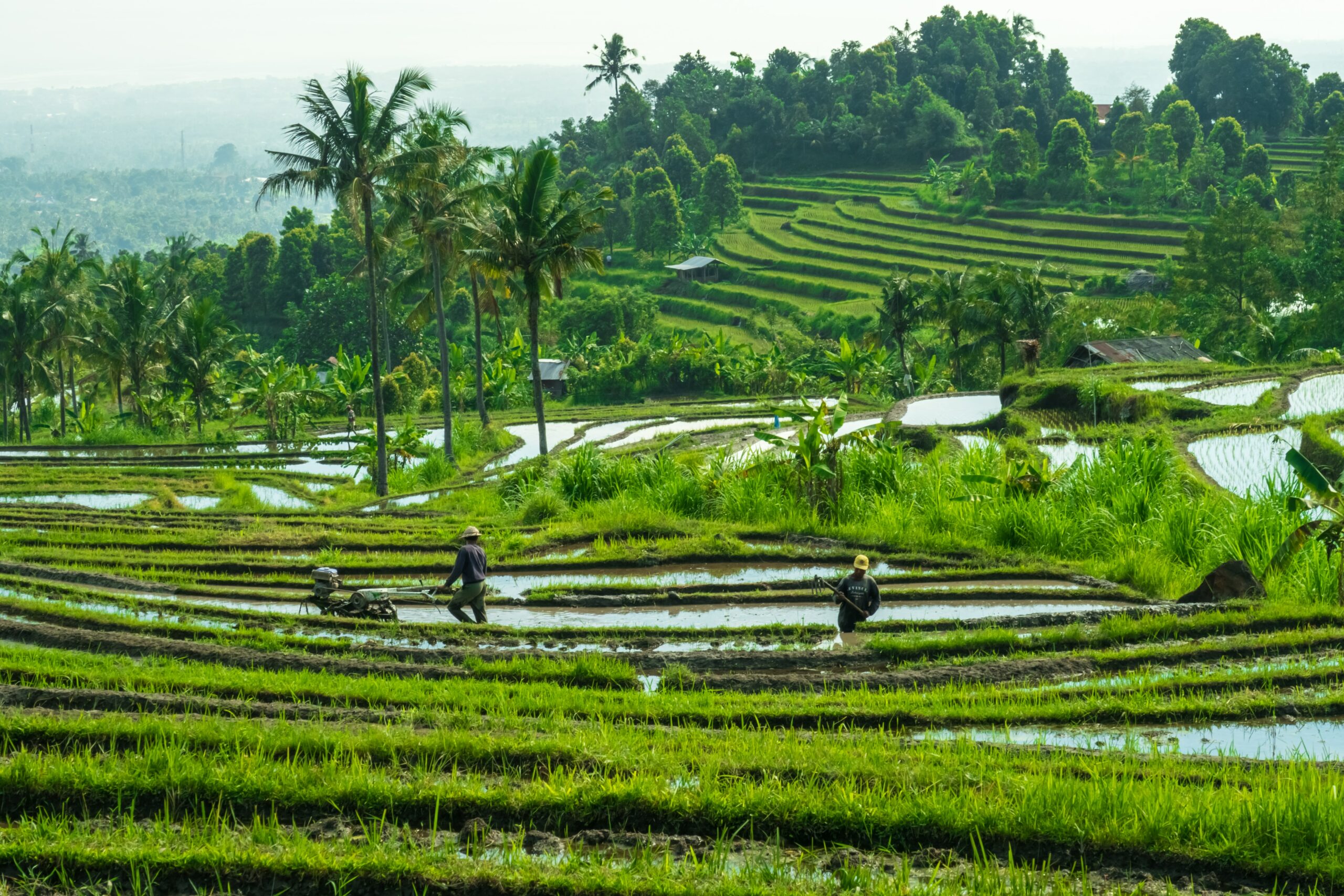Indonesia

Featured image: Photo by Sebastian Pena Lambarri on Unsplash
Indonesia: a Self-Medication and Prescription Drugs market full of opportunities
All indicators are green for the Indonesian Self-Medication and Prescription Drugs market. Continue reading to find out about the opportunities this market has to offer.
Indonesia is the fourth most populous country in the world with 277 mio. inhabitants, and its gross domestic product (GDP) has been growing in recent years. Three percent of Indonesia’s GDP is spent on healthcare, and pharmaceutical spending per capita is increasing rapidly. Indonesia has almost ten thousand primary care centers and more than two thousand hospitals. The Indonesian OTC & Pharma is expanding rapidly and should reach USD 18,409 Billion ex-factory in 2040.
Product Registration in Indonesia
In order to register a drug in Indonesia, applications go to the National Agency of Drug and Food Control (NADFC). The Association of Southeast Asian Nations (ASEAN) Common Technical Documents (CTD) must be used, and ASEAN standards should be followed. It can take up to 2-3 years for a pharmaceutical product to be registered in Indonesia, but the government implemented new regulations in 2016 to simplify the process in the next few years.
Improving healthcare
Over the last few years, the government of Indonesia has passed laws to improve its healthcare infrastructure and increase public spending on healthcare. At the beginning of 2014, Indonesia introduced a universal healthcare system, administered by the National Social Security Agency. The universal healthcare scheme aims to provide better regulations, access, cost effectiveness and standards. 86% of the population was enrolled into the NHI scheme by the beginning of 2022.
Regulations and restrictions in Indonesia
The main obstacles to big investments in Indonesia’s OTC and pharma industry are corruption, low cost per capita for health care services and a relatively small percentage of elderly residents. However, this percentage is rising and the very large young population represents a significant target consumer base for children’s products.
Several Indonesian laws protect the local industry from foreign competition. One of the decrees adopted in 2008 requires that all pharmaceuticals registered in the country be locally produced. This law was eased in 2010, allowing labeling and packaging to meet the local manufacturing standard. Foreign OTC and pharma companies have reacted to this decree by partnering with domestic companies or other international companies, or by expanding their own local manufacturing capacities in Indonesia.
Increasing the Indonesian National Consumer Health and Pharma market
As a part of measures for increasing the capacity of the national Consumer Health and Pharma market, the Pharmaceutical Association of Indonesia (GP Farmasi) announced that the domestic Healthcare sector relies on the creation of factories owned by foreign companies within the country. At the same time, active cooperation with OTC and Pharma companies of the Association of Southeast Asian Nations (ASEAN) is assumed. The goal is to create an industrial base of pharmaceutical raw materials in Indonesia. The data collected by GP Farmasi shows that the market for Selfmedication and Pharma products in the ASEAN region is rising.
Drug donations to fight AIDS
At the same time, the National AIDS Commission has said that to ensure a steady supply of antiretroviral drugs to patients with AIDS, Indonesia will continue to receive donations in the form of drugs rather than cash. This new rule was approved by the Global Fund for AIDS, Tuberculosis and Malaria. The Indonesian Ministry of Health has also allocated money to develop solutions and treatments against AIDS.
Future Outlook
However, despite the above-mentioned challenges, the Indonesian consumer health and pharma market still provides a significant opportunity for foreign self-medication and prescription companies. Factors such as the annual growth of the Indonesian pharma market, along with the increase in population and relatively solid economic and political base, should ensure the continued involvement of multinational pharmaceutical companies. Analysts believe that sales of pharmaceutical products in Indonesia will continue to increase over the next 10 years.
If you are planning on entering the Indonesian OTC and pharma market, our expertise and long standing network can support you. Chameleon Pharma Consulting Group’s knowledge of the Indonesian consumer healthcare and pharma market is based on multiple Indonesian projects over the past 15 years. All our experts have at least 20 years experience, and we have supported several leading European and international companies in entering the Health care, Medical devices and prescription sectors of Indonesia.
The Indonesian OTC and pharma market in 2040
USD 18,40 Billion
OTC and pharma market size, ex-factory
7-9%
OTC and pharma market growth
Indonesia in numbers
Total population
Male/Female
Population growth
Birth rate
Mortality rate
Life expectancy
Interested in this market?
We are ready to support you in Strategy, Marketing, Systematic International Company Partner Identification, Commercial Due Diligence, Business Development, Acquisition Search, Regulatory projects, and more in order to ensure your growth.
